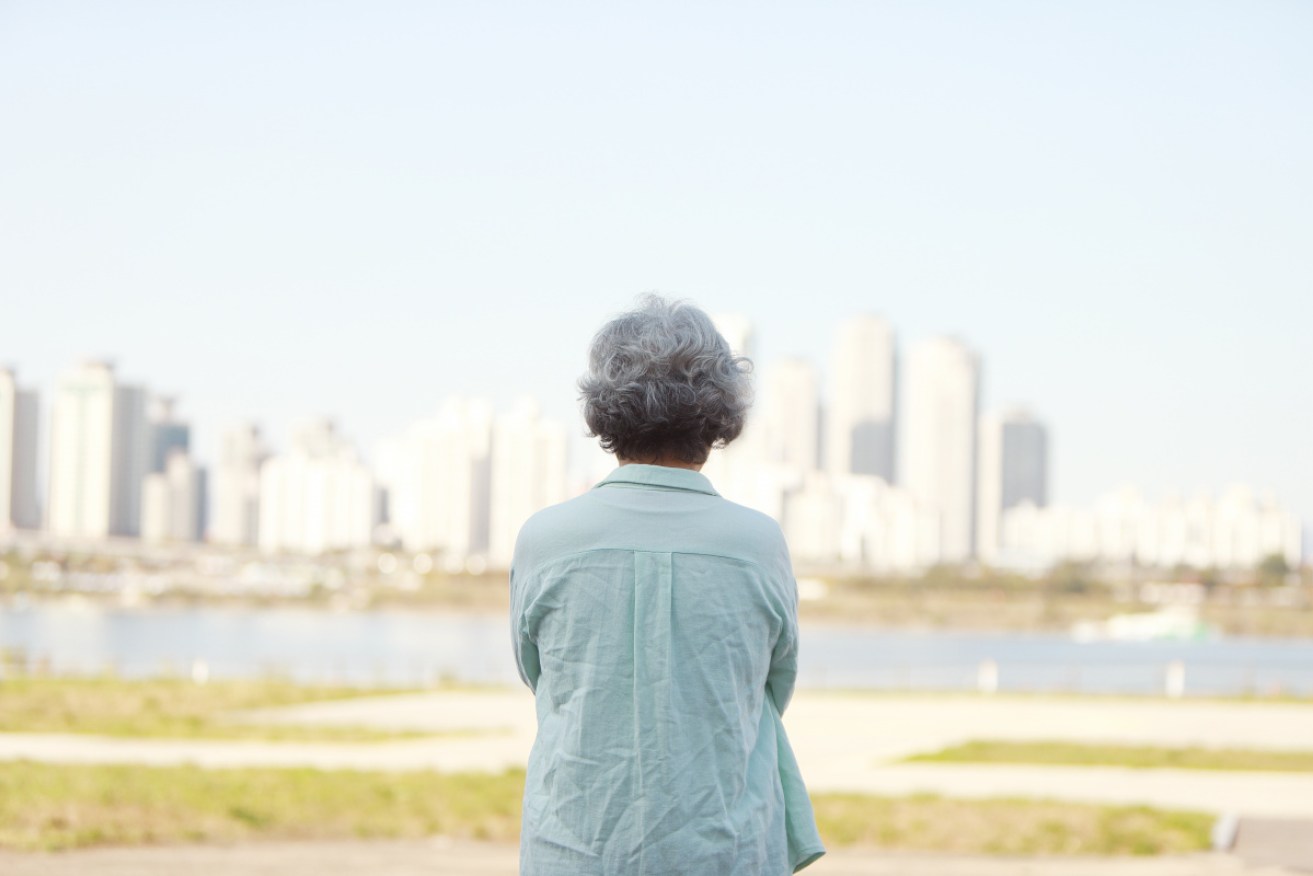How to talk to someone who is hesitant about the COVID-19 vaccines


Trying to convince someone to get a COVID-19 vaccine can be difficult. Photo: Getty
Vaccinating as many Australians as possible is our fastest way out of the pandemic and back to normal life, infectious diseases experts have reiterated – and reducing vaccine hesitancy is key to this.
Health minister Greg Hunt revealed for the first time on Thursday night that just 500,000 Australians had received two doses of a COVID vaccine.
After a sluggish start to our rollout, marred by poor communication and blood-clotting fears around the AstraZeneca jab, some Australians are understandably worried, choosing to shy away from being vaccinated.
Kate Gregorevic, a Melbourne-based geriatrician and internal medicine physician, said it was important to listen to people with vaccine hesitancy.
“People are fearful,” Dr Gregorevic told The New Daily.
“Take their concerns seriously, and take the time to have the conversation.”
The Australians who don’t want to roll up their sleeves yet have legitimate concerns and questions.
Common questions and answers about vaccine hesitancy
Q. “AstraZeneca isn’t as ‘effective’ as others on the market. Why can’t I wait until a better one becomes available?”
Real-world data from the United Kingdom shows the AstraZeneca vaccine is almost 100 per cent effective at preventing people from getting so sick that they require a visit to hospital, Dr Gregorevic said.
This means all of the millions of people who have had their shots no longer have to worry about dying of COVID-19.

Despite millions of Australians being eligible to get the vaccine, many are holding back.
Q. “The vaccine won’t stop me getting the virus, so what is the point?”
“There’s no such thing as a perfect vaccine or a perfect drug,” Dr Gregorevic told TND.
All vaccines prevent infection to some degree, but none are completely effective.
However, this doesn’t mean it’s not worth getting one.
When you receive the vaccine, your chances of catching COVID-19 are dramatically reduced, and if you do it, the symptoms will be mild.
In the UK, one dose of the vaccine halves the chance of spreading COVID to household contacts.
The key word here, is ‘rare’.
Thrombotic thrombocytopenia (TTS) occurs in about six per million doses, and 20 to 40 cases per million.
“There has been a lot of very sensational news headlines,” Dr Gregorevic said.
“You’ll see 10 news headlines about people getting a different reaction, but you don’t read about the millions of people who have had no problems at all, so it makes it seem like a really high risk.”
It’s important to note TTS is different from other blood clotting conditions.
It is triggered by an over-active immune response to the AstraZeneca vaccine, and results in thrombosis and low platelet levels.
As it’s not a normal clot, most people with a past history of clots will still be able to have it – though it’s best to discuss with your doctor first.
And while some people have died from TTS in extremely rare circumstances, the reaction is not a death sentence in most cases.
The first symptoms of TTS start about five to 10 days after vaccination and can include severe persistent headache, abdominal pain, fever and nausea.
There are treatments and time to seek help.
Q. “There is no COVID-19 in the community, so why would I risk side effects from the vaccine?”
Having zero COVID-19 in the community is only ever temporary, Dr Gregorevic said.
This virus is airborne and people are contagious before they have symptoms.
This virus is very well adapted to spread through communities. Waiting for an outbreak is too late.
Q. “I’m waiting for Pfizer.”
There is no guarantee when Pfizer doses will be available to you, so it’s not worth the gamble.








